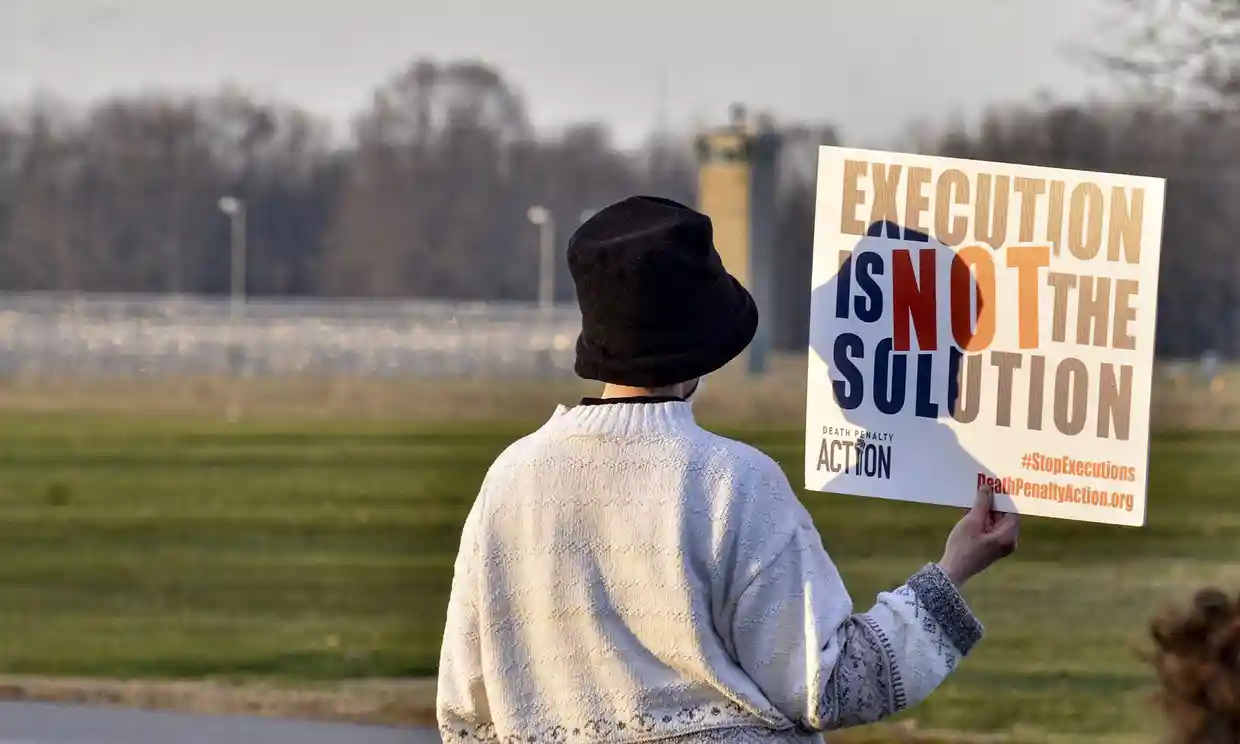The United Nations High Commissioner for Human Rights, Michelle Bachelet, commends the decision of the Central African Republic to abolish the death penalty and encourages President Faustin-Archange Touadera to put it into effect.
“The death penalty is incompatible with fundamental tenets of human rights and dignity,” the UN OHCHR said in a statement on Wednesday.
As Bachelet noted, the Central African Republic will become the 24th African nation to abolish the death penalty, despite the recent turbulent years that the country has faced.
As the statement further suggests, approximately 170 nations have either abolished or introduced moratoria against the death penalty in law or in practice. CAR has maintained the de facto moratorium since 1981.
What is death penalty?
The death penalty is the execution of an offender sentenced to death after the conviction by a court of law of a criminal offense. It is the denial of basic human rights and it violates article 3 of the Universal Declaration of Human Rights (UDHR), which states “life is a human right.”
Human rights instruments exist that either encourage the abolishment of the death penalty or strictly limit its application.
First, the Second Optional Protocol to the International Covenant on Civil and Political Rights aims to abolish the practice. Second, Protocol No.13 to the European Convention on Human Rights, concerning the abolition of the death penalty in all circumstances.
Is it time to abolish the death penalty?
Despite the abolitionist trend, a small yet significant number of states still permit the use of the death penalty. However, global abolition is essential to safeguard and enhance the progressive development of human rights.
The death penalty is an irrevocable and error-prone punishment; the risk of jeopardizing the life of an innocent cannot be eliminated. Regardless of how well developed a justice system is, there is always a margin of error.
Historically, the death penalty has disproportionately affected the marginalized sections of the society or racial, ethnic, and religious minorities because of lack of resources, such as limited access to legal counsel. Therefore, in this respect, such practice can lead to a culture of violence.
Recent data presented by organizations like Amnesty International reveals that many times the ineffective assistance of counsel leads to the death penalty. The few countries where the death penalty is imposed as the mandatory punishment for certain crimes highlight the fact that judges are able to consider the circumstances of the crime.
Furthermore, death sentences are not a newly developed concept. It has a long history of being used as a way to deter people from committing crimes. However, there is no evidence to support the claim that the death penalty is more effective at reducing crime. Previously, it was mentioned in the United Nations General Assembly (UNGA) Resolution (65/206) that “there is no convulsive evidence of the deterrent value of the death penalty.”
Hence, public opinion in support of the death penalty does not necessarily reflect the righteousness of the act. Furthermore, it is noteworthy that the popular support for the death penalty comes from the desire of the masses to be free from crime.

